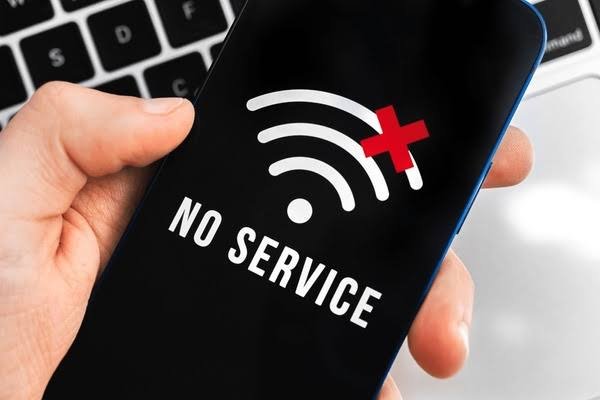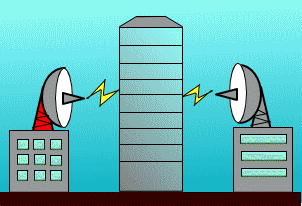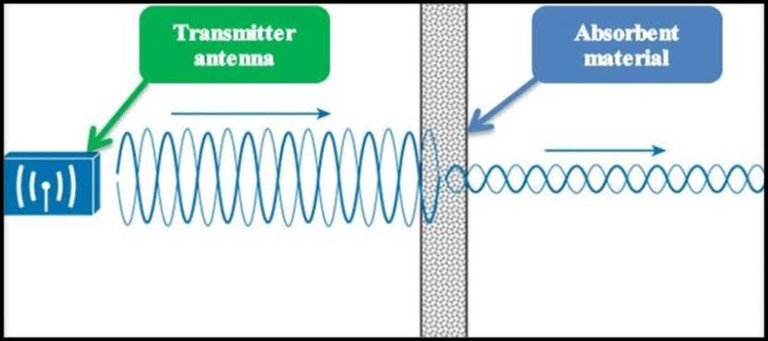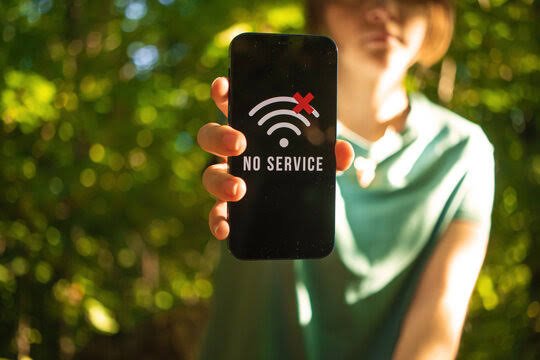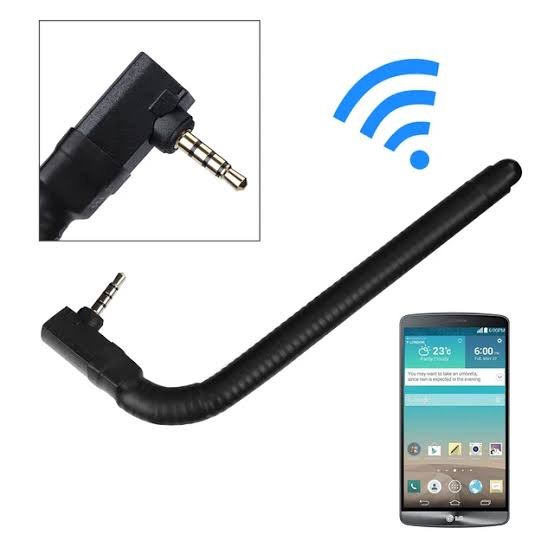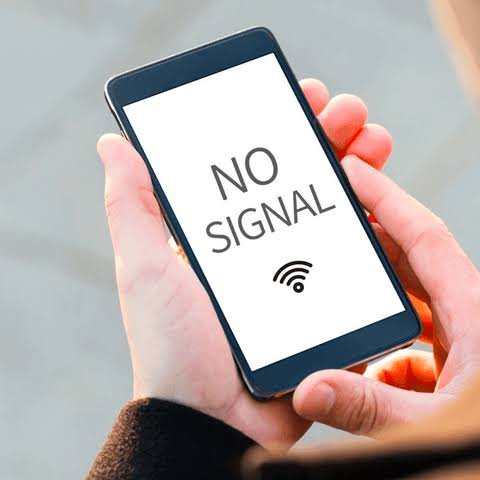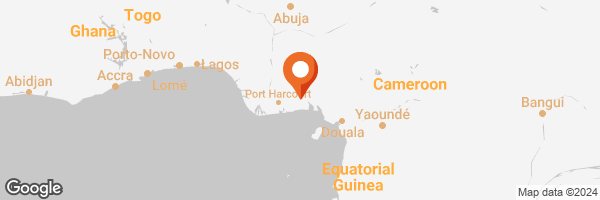Today's world is highly interconnected, so, having a strong mobile network or signal for effective phone calls is crucial; it is much more than just convenience. These days, we rely mostly on phones for virtually all forms of communication. It may be as simple as maintaining contact with friends and family, assessing some vitally important online services, or working remotely. Thus, it's unbelievably annoying when we have dropped calls, slow loading times, or the most terrifying no signal or "no service" dialogs or messages popping up from our gadgets. These weak radio signal areas are a recurring problem, and I will be exploring why it usually happens and the things you can do to strengthen your phone connection.
Why Phone Signals Are Always Weak and Fade
Numerous features can weaken or obstruct your mobile phone signal. One of the immediate factors is the path distance between the telecom towers and you, the receiver; when you move far from the tower, the phone signal becomes weaker. This is particularly observable in remote villages where the path distance between telecom towers is significantly separated from each other. Also, physical structures blocking the signal line of sight are not left out. Physical structures involving edifices, buildings, hills, thick vegetation, and even climate conditions like heavy rainfall, fog, and snow can interrupt your phone signal. These physical structures function like a signal absorber and blockage. It can even scatter the waves that modulate your phone's signal. This describes why you sometimes have excellent signal reception outside, but when you go inside a building, you tend to lose it owing to the materials (metal, concrete, wood, etc.) used for constructing the building. These materials are known to block signals from penetrating the building.
Furthermore, weak radio signal is also caused by network congestion. This happens when a lot of people within the same area, are trying to use the network simultaneously. However, the result is that the data speed will be very slow and the drop call rate will increase. More often than not, this is usually observed during usage peak time or in overcrowded locations (like stadium). Optimally, technical problem either with your phone or network infrastructure can lead to signal interruption too.
The Nature of the Problem Experienced by Users
As mentioned above, the issue of signal dead zones or weak signal areas transcends convenience. You will agree with me that when you are unable to put a call across to your friends, family, and colleagues, in an emergency, it makes life somewhat difficult, leading to distrust in your family and business life. For instance, Let’s consider those who work remotely, the interruption of a radio signal can result in poor productivity and not keeping to the agreed deadline. On a serious note, the unreliability of mobile signal connection can become a problem when you cannot access some important online services like accessing your money in the bank, basic healthcare services, and some key educational services.
How to Handle Phone signal interruption
We know that some phone signal problems are sometimes very complex, however, there are things you can do to restore signal and improve connectivity. One such thing is changing your location or moving from one point to the other till you are able to find a point with the in-phase signal. Indeed, this can improve your mobile signal connection. Also, in this situation, you can move a few feet away, step outside, climb to the higher floor of the building, or stand close to the window.
If you have a Wi-Fi signal available, I will encourage you to initiate a Wi-Fi call. This will enable you to communicate through the internet, circumventing the cell phone network. If you are having persistent signal interruption at home or the workplace, I recommend you get a signal booster to strengthen the attenuated signal for better communication and connectivity. Another thing you should do is check your mobile service provider to ascertain if there is a signal outage or not. Furthermore, consider updating your device software. This can make a whole world of difference in improving mobile connectivity. Lastly, if after trying all these things the problem persists, please change your mobile service provider to another network that has better coverage and connectivity.
Conclusion
Finally, it can be very frustrating when you find yourself in signal dead zones. Nevertheless, understanding the primary causes of this frustration and addressing them proactively, can improve your mobile network connection significantly.
For further reading:
https://electronics.howstuffworks.com/cell-phone.htm
https://www.fcc.gov/consumers/guides/understanding-wireless-telephone-coverage-areas
https://www.yournavi.com/posts/why-does-my-phone-say-no-service
https://link.springer.com/article/10.1007/s11277-023-10666-z
